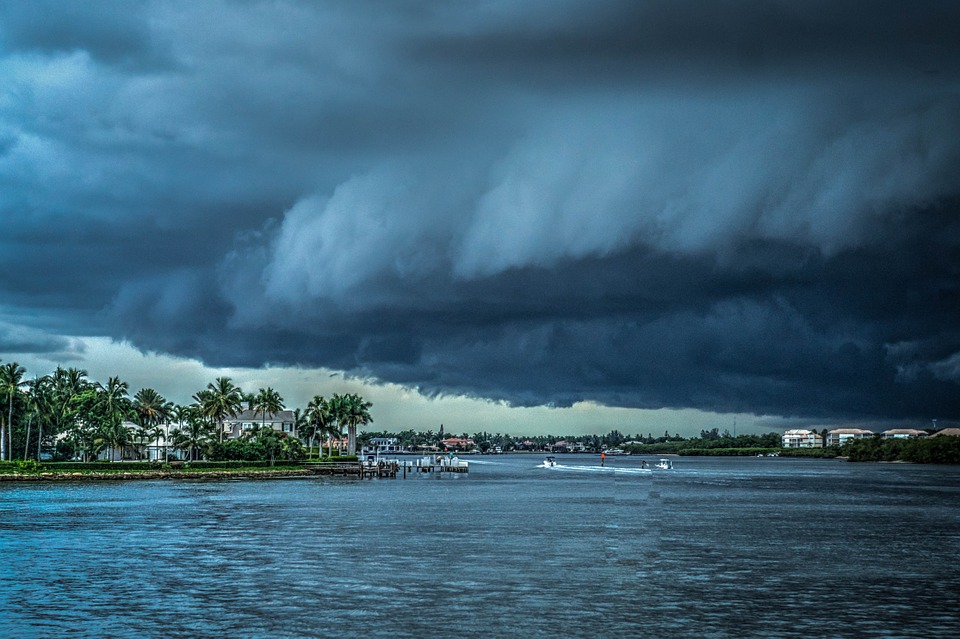
As a resident of Jacksonville, Florida, it's important to understand how to be ready when a hurricane strikes. Having a plan and a survival kit ready can reduce the risk you face during the storm and the difficult weeks that follow. The following is an easy guide to creating the type of emergency kit you may need during hurricane season in Florida.
What to Include in Your Emergency Kit
• Enough water to provide 1 gallon per person per day for at least three days
• Three-day supply of nonperishable food
• Can opener
• Flashlight
• First-aid kit
• Whistle
• Battery-powered radio
• Plastic sheeting, duct tape, and a dust mask to shelter in place
• Pliers and wrench to disconnect utilities
• Garbage bags and moist towelettes
• Personal hygiene items
• Change of clothing
• Sleeping bag for each person
• Prescription medication
• Pet supplies
You'll also want to have available important documents such as identification cards, bank account records, and copies of your home insurance and flood insurance policies. While your insurance agency can look up this information, it will make the process easier. You may also need these documents to access money in an emergency.
Where to Store Emergency Kits
You never know where you will be when an emergency strikes. In the home, keep an emergency kit in a designated area that's easy to reach if you need to leave your home quickly. You should also keep emergency supplies in your car. A garage may not be the best place to store your emergency kit as it may be too dangerous to access during a hurricane.
Protecting Your Home
Creating an emergency kit is the most important step you can take to prepare for a hurricane. When there's a storm warning, you can also take other steps to protect your home and reduce the risk of damage if there's time. Fill sinks and bathtubs with water that can be used for washing and flushing the toilet. Unplug small appliances and turn off the propane tank. Bring in anything that may be picked up in high winds.
If the authorities recommend doing so, disconnect your utilities. You may also want to move valuables and furniture to the highest floors of your home when a storm is imminent. Maintain control of your pets indoors and consider evacuating them somewhere safe if time allows.
Your home insurance agency can also recommend improvements or changes you can make to your home that can decrease the risk of damage in a hurricane and reduce your home insurance premiums. These improvements may include installing impact-resistant windows and hurricane shutter systems.